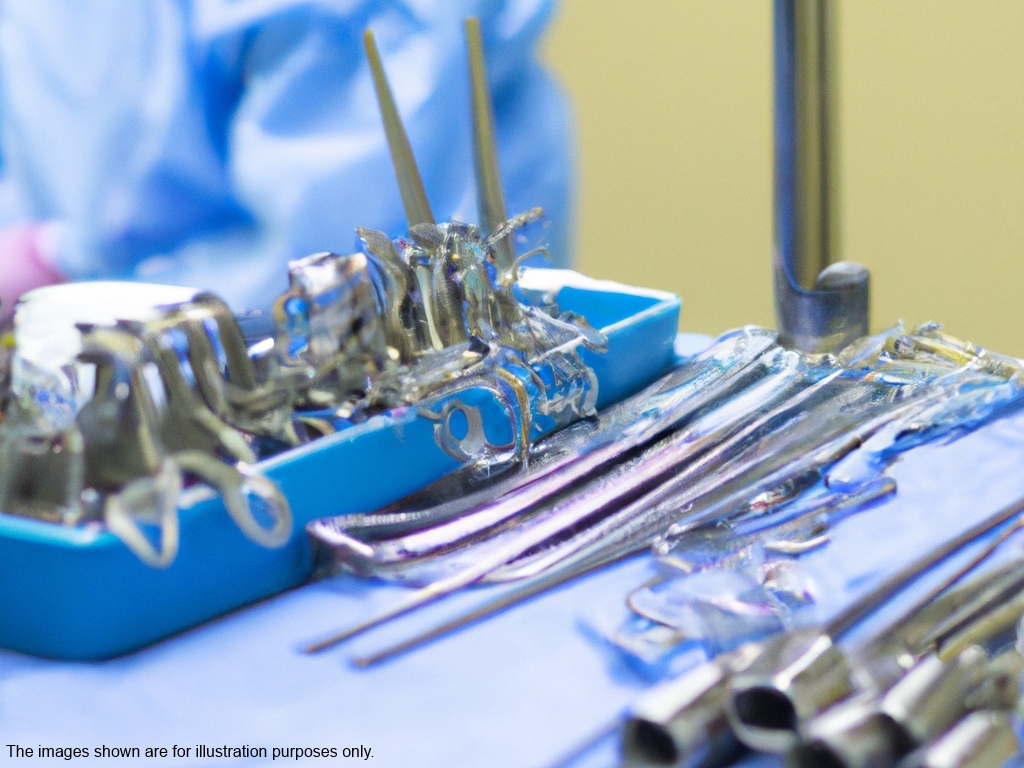Gastric Cancer

Gastric cancer, also known as stomach cancer, originates in the stomach.
Causes, Incidence, and Risk Factors
Various types of cancer can develop in the stomach, with the most common
being adenocarcinoma, which originates from the typical cell types present
in the stomach lining.
This discussion primarily revolves around adenocarcinoma of the stomach.
Adenocarcinoma of the stomach is a prevalent cancer of the digestive system
worldwide, although its occurrence is rare in the United States. It
predominantly affects men aged 40 and above. Notably, this form of gastric
cancer is particularly common in countries such as Japan, Chile, and
Iceland.
The incidence of most types of gastric adenocarcinoma has declined in the
United States over time. Experts attribute this decrease to reduced
consumption of salted, cured, and smoked foods.
Factors that increase the risk of gastric cancer include:
• Family history of gastric cancer
• Infection of the stomach with Helicobacter pylori bacteria
• Presence of stomach polyps larger than 2 centimeters
• Chronic atrophic gastritis causing inflammation and swelling of the
stomach
• Pernicious anemia
• Smoking
Symptoms
• Abdominal fullness or pain, often experienced after consuming a small meal
• Dark stools
• Progressive difficulty swallowing
• Excessive belching
• General deterioration of health
• Loss of appetite
• Nausea
• Vomiting, which may contain blood
• Weakness or fatigue
• Weight loss
Signs and Tests
Diagnosing gastric cancer is frequently delayed as symptoms may not manifest
in the early stages of the disease. Alternatively, patients may attempt to
self-treat symptoms that resemble those of less severe gastrointestinal
disorders (such as bloating, gas, heartburn, and feelings of fullness).
The following tests aid in diagnosing gastric cancer:
• Complete blood count (CBC) to detect anemia
• Esophagogastroduodenoscopy (EGD) with biopsy to examine stomach tissue
• Stool test to identify blood in the stools
Treatment
Surgery remains the sole curative treatment for gastric cancer, involving
the removal of the stomach (gastrectomy). Radiation therapy and chemotherapy
may be beneficial. Following surgery, chemotherapy and radiation therapy may
enhance the likelihood of a cure for many patients.
For individuals unsuitable for surgery, chemotherapy or radiation can
alleviate symptoms and potentially prolong survival, although it is unlikely
to result in a cure. In some cases, a surgical bypass procedure may
alleviate symptoms.
undo Common Diseases in Malaysia